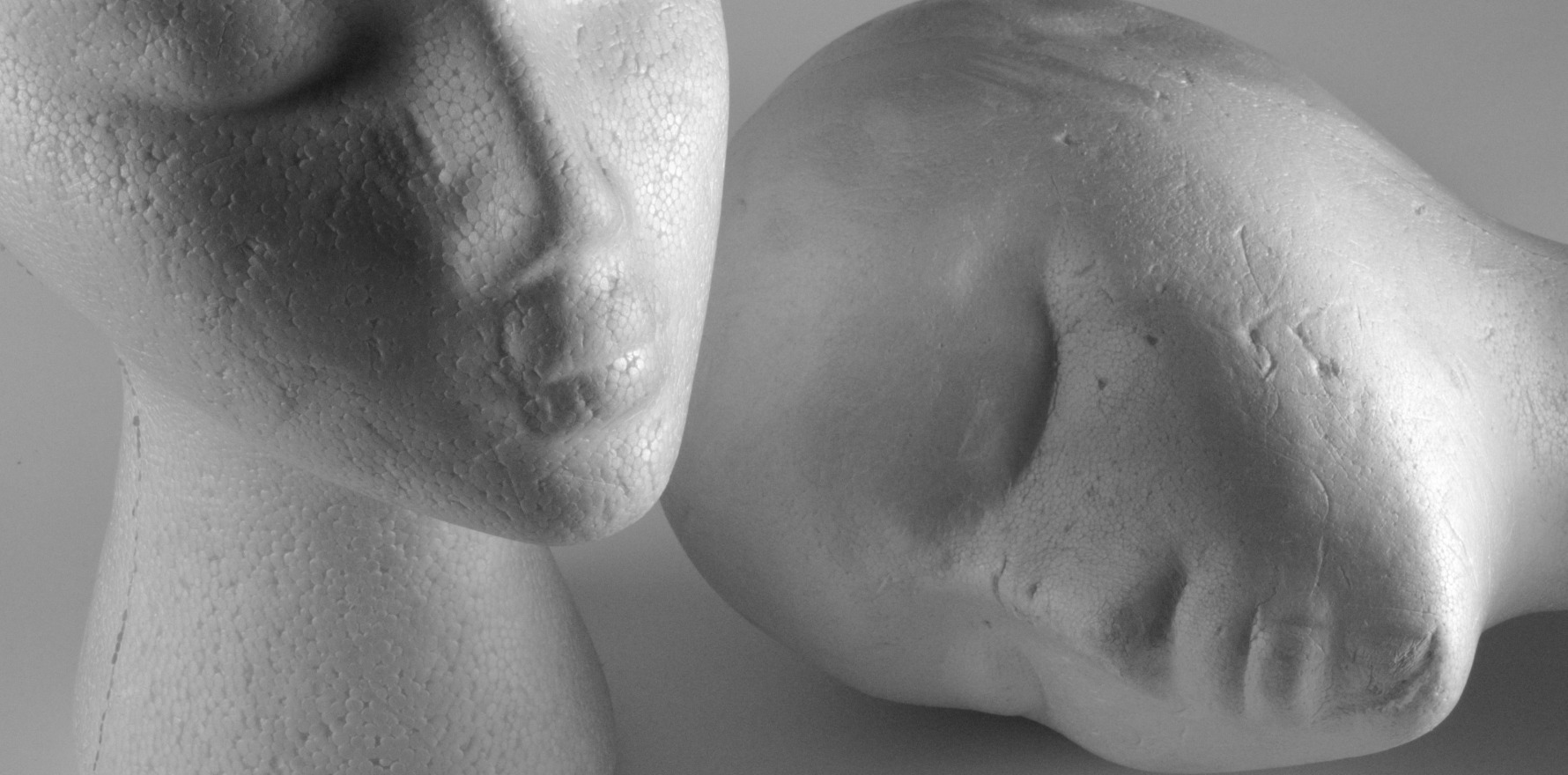A Howard-era Commonwealth law prohibiting doctors from using telehealth to conduct voluntary assisted dying consultations may be soon overturned.
Teal MP Kate Chaney has launched a bill to allow doctors to conduct telehealth consults with patients who are undergoing voluntary assisted dying without fear of prosecution.
Patients in rural and remote areas will have the most to gain, experts say.
The private member’s bill, which was introduced to the lower house on Monday, proposes an amendment to the Commonwealth Criminal Code stating that voluntary assisted dying is not suicide.
Since 2005, sections 474.29A and 474.29B of the Criminal Code Act 1995 have made it an offence to use a carriage service – phone, video, email, etc. – to distribute material that encourages suicide.
QUT end-of-life law expert Professor Ben White said the Criminal Code amendments, which were passed by the Howard government, were a response to the rise of early internet suicide chatrooms.
“The intention was to deal with suicide chatrooms, and there was also a suggestion that part of it this was to address the work of [euthanasia advocate] Dr Philip Nitschke,” Professor White told The Medical Republic.
“There was a very specific context in which [these laws] arose and it was designed to address that.
“It was not designed to address voluntary assisted dying laws, which didn’t exist at the time.”
The Federal Court, however, took a different view.
In November last year, it ruled that assisted dying was synonymous with suicide, meaning any consults on the matter conducted via telehealth were illegal and punishable by fines of up to $200,000.
Ms Chaney’s bill, which was seconded by fellow independent MP Dr Monique Ryan, would effectively nullify that ruling by inserting a statement into the Criminal Code clarifying that assisted dying is not suicide.
“This disproportionately affects people in those rural and regional areas, where travelling to an assessing medical practitioner is more likely to be required,” Professor White said.
“In some instances, it’s the medical practitioner having to travel to the patient, which is a very inefficient use of that health practitioner’s time.”
Professor White, whose research has examined the safety Australia’s voluntary dying laws in detail, said there was no evidence that the face-to-face consult requirement had “any real addition of safety”.
“We’ve done interviews with over 140 people across Victoria, Western Australia and Queensland across pretty much everyone who’s involved – patients, families, doctors, regulators – and this has emerged as a significant practical problem that effectively causes terminally ill patients to suffer because it requires them to travel,” he said.
Related
Victorian GP Dr Nick Carr described the impact on one of his patients, a man from a regional area of the state.
“Because we could not use telehealth, he spent over eight hours on the round trip,” he said.
“That’s eight of his last precious hours, on a glorious day when he should have been down by the river with his dog.”
Voluntary assisted dying is a legal option for competent, terminally ill adults in all states, although exact rules differ between jurisdictions.
After the rights of territories to make laws on voluntary dying were restored in 2022, both the NT and ACT have been looking at introducing laws of their own.
Although Western Australia and Tasmania both expressly stated in legislation that voluntary assisted dying did not constitute suicide, seemingly clearing the way for telehealth, states cannot inform the interpretation of Commonwealth statutes, leaving practitioners exposed to prosecution.





